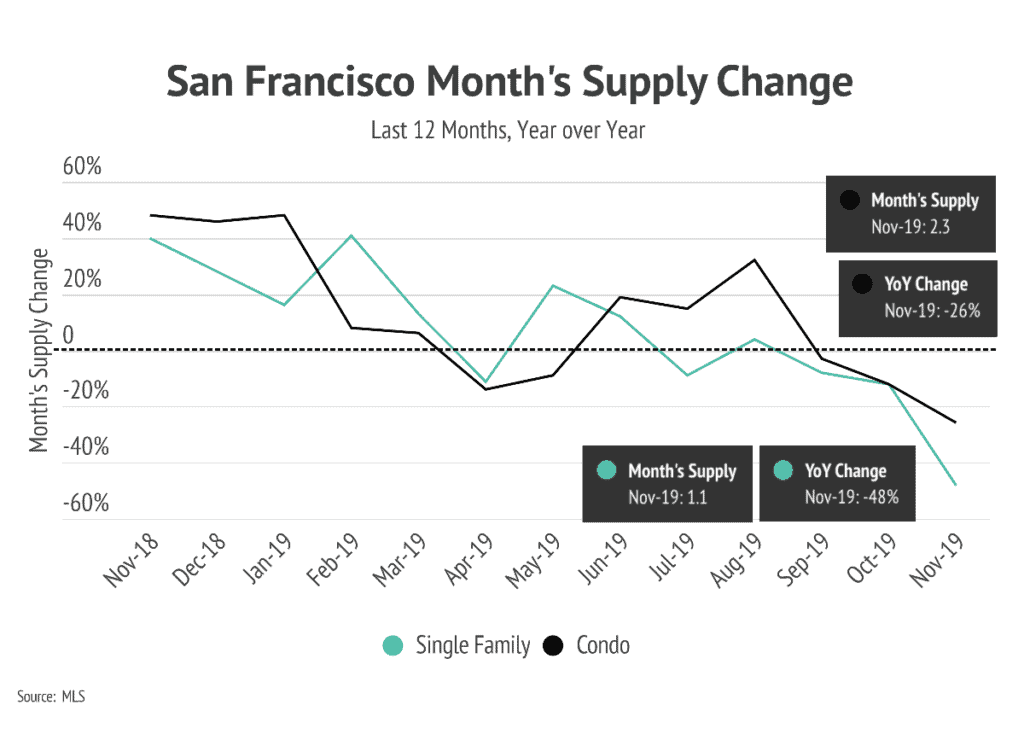Will The Elections Affect The Housing Market?
michelle January 29, 2020

michelle January 29, 2020

What immediately comes to mind when you think about the year ahead? Well, if you’re like most people — or have paid attention to the news at some point over the past 12 months — it can only be one thing…the 2020 Presidential Election!
A lot of our buyer and seller clients are concerned about how the Election will affect the housing market. Realtor.com’s national housing forecast predicts a 1.8% fall in sales nationwide from 2019 levels. This report suggests average house prices will fall in many major metropolitan areas — including a 0.4% drop across the Bay Area — partly because of insufficient supply for entry-level millennial buyers clustered around those urban centers. However, this MarketWatch report argues that the creation of new supply will only be felt in particular areas depending on election outcomes. In other words, a Democratic victory would lead to more new single family home permits in blue counties, while a Trump re-election would achieve the same effect in red counties.
We’ve seen recently how recent events have taken their toll on global stock markets. These include concerns over the Impeachment process, US-China trade disputes, and the spread of Coronavirus.
Instead of speculating on what might happen in 2020, let’s look at the data to see what is actually happening right now in the San Francisco housing market:
This is a great time to be a seller in San Francisco. As the graph below shows, right now supply levels are extremely low in real terms and compared to where they were a year ago. Such low inventory gives sellers the advantage at a time of continued robust demand.

On the other hand, buyers can also feel hopeful about present conditions. One trend that helps buyers across the country is the benchmark for mortgage interest rates. Fannie Mae expects the average U.S. rate for a 30-year fixed mortgage in 2020 and 2021 to be 3.7%. This marks a considerable drop from averages of 3.9% in 2019 and 4.5% in 2018. In addition, Freddie Mac noted that average monthly mortgage rates are at their lowest point in three months and just a quarter point above all-time lows, with average 30-year fixed rates for January 2020 at 3.6% and 15-year fixed rates at 3.04%.
As we always like to say, San Francisco real estate is a good long-term bet. Despite average national declines in housing sales activity in the years of/immediately after presidential elections, this is not the case here. Instead, historical data show that the growth of San Francisco’s housing over the past 35+ years has closely followed the performance of the overall stock market. Over time this growth follows a step pattern: strong positive growth when the economy is good — including 91% growth in average home prices between 2012 and April 2019 — and smaller drop-offs during periods of recession.
To sum up, there is reason for optimism. Regardless of who occupies the White House after November, we feel there are encouraging signs for both sellers and buyers as well as the overall market in San Francisco. We’ll continue to monitor the latest data closely to keep our clients up to speed.
In the meantime, we’d love to hear from you!
"*" indicates required fields
Stay up to date on the latest real estate trends.

Michelle Kim | December 1, 2025
Quick Take: San Francisco reaches unprecedented market tightness with single-family homes hitting two-year price highs and inventory dropping over 35% year-over-year, … Read more

Michelle Kim | December 1, 2025
Quick Take: Housing is slowly becoming more affordable, as interest rates slowly creep down over time. As of the time this is written, the average 30-year mortgage rat… Read more

Michelle Kim | December 1, 2025
Quick Take: Median single-family home prices marked a new two-year high in October. Inventory continues to be a huge issue in both the single-family home and condo mar… Read more

Michelle Kim | December 1, 2025
Quick Take: Median sale prices for condos fell precipitously in Silicon Valley this month. Inventory levels have overcorrected and are now lower than they were last ye… Read more

Michelle Kim | December 1, 2025
Quick Take: Median sale prices for condos continue to lag where they were last year. Inventories are surprisingly static on a year-over-year basis Listings are spendin… Read more

Michelle Kim | December 1, 2025
Quick Take: Median sale prices are mostly in line with where they were around this time last year. The North Bay has seen inventories crater on a year-over-year basis… Read more
You’ve got questions and we can’t wait to answer them.